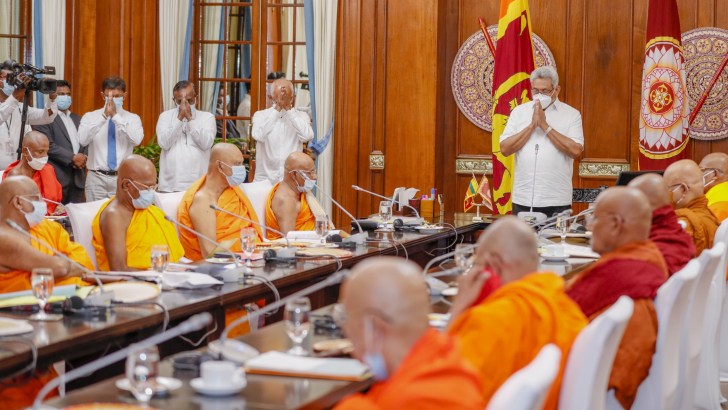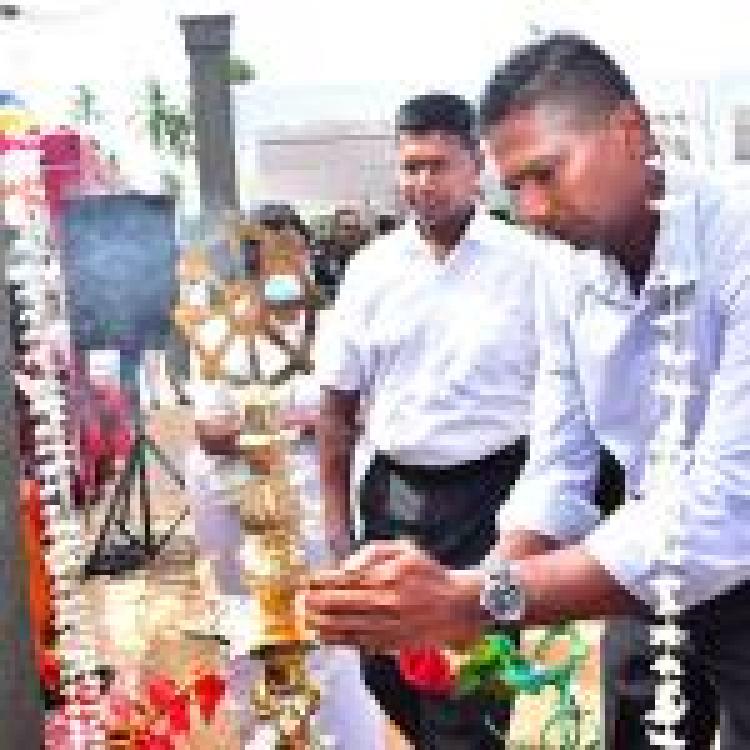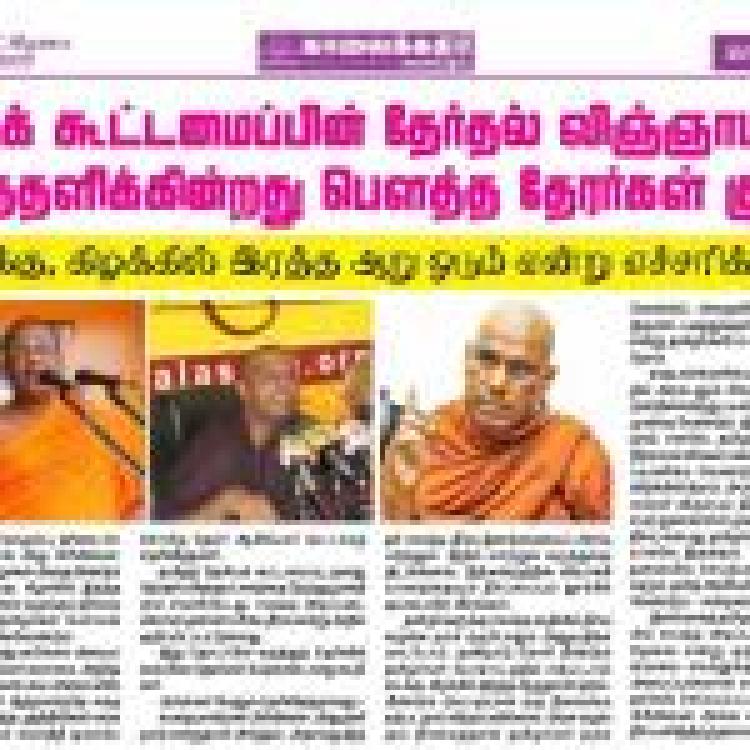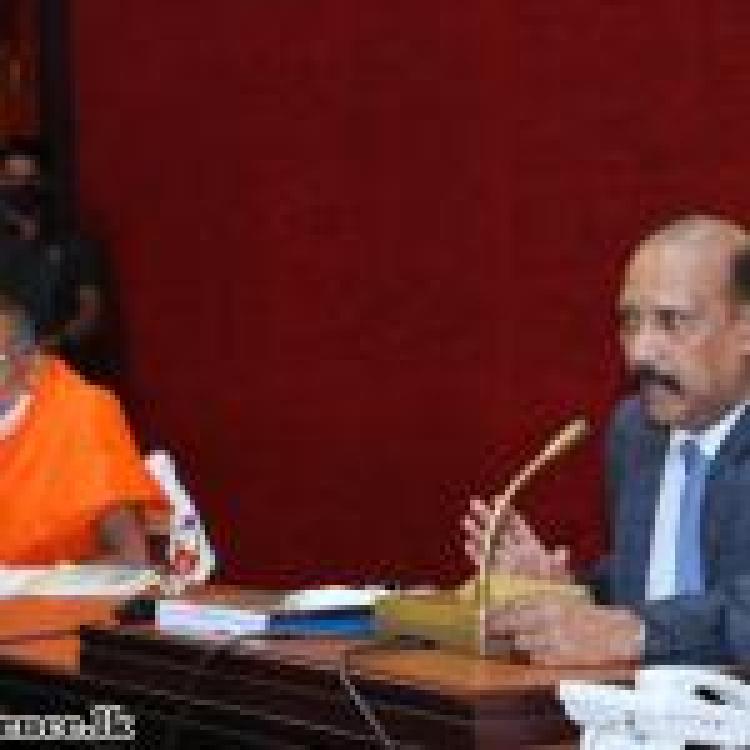Sri Lankan President Gotabaya Rajapaksa is considering amending the Antiquities Ordinance, an act that is intended to conserve archaeological heritage sites and buildings, as the Buddhist clergy has called for power over land disputes in the North-East connected to Buddhist colonisation be transferred to courts in the South.
The Sri Lankan president appointed an all-Sinhala committee "comprising Maha Sangha and experts in the field to study how the amendments should take place".

This amendment, which would seek to strengthen the protection of heritage sites, is seen as a step towards Sinhalisation. The president focused on preventing damage to archaeological sites and increasing funding to the Department of Archaeology during the discussion. Consideration is also being given to have the Civil Defense Force conserve archaeological sites.
Certain Buddhist preachers are calling for the amendment to cover not only antiquities but also to “conserve the national heritage and legacy of Buddha Sasana.” Others are saying “it is not a matter of religious affiliation but a national heritage,” furthering Sinhala Buddhist nationalist rhetoric.
The Maha Sangha has requested the president to reassign Northern and Eastern regional matters involving artifacts and historical sites to magistrates in Colombo. The president has approved stating ‘Proposals by the Maha Sangha on antiquities and archeological sites will be forwarded to the respective Presidential Task Force’. Gotabaya also gave orders to the Archaeology department to punctually respond to the Maha Sangha’s wishes to protect historical and archaeology locations.
‘‘No room will be left for anyone to damage the historical heritage or archeological value of any sacred place and all such places will be considered as national heritage and will be protected’’ affirmed Gotabaya Rajapaksa during the discussion.
The committee will consist of senior Sinhala Buddhist monks (the Maha Sangha) and purportedly professionals in the preservation of antiquities and historical national heritage, although previous such committees have consisted of military officials and political allies.
Earlier this year, an all Sinhala Buddhist task force including military personnel was established in the East to ‘preserve the historical heritage of Sri Lanka’; Tamils have since expressed fears of their land being appropriated by the task force. A US State Department Report on International Religious Freedom in 2016 stated that the construction of Buddhist statues in non-Buddhist areas of the North-East leave the perception of “Buddhist Sinhalese religious and cultural imperialism.” In recent times many Buddhist statues and temples have been constructed in Tamil areas, often replacing or damaging Tamil Hindu temples.



